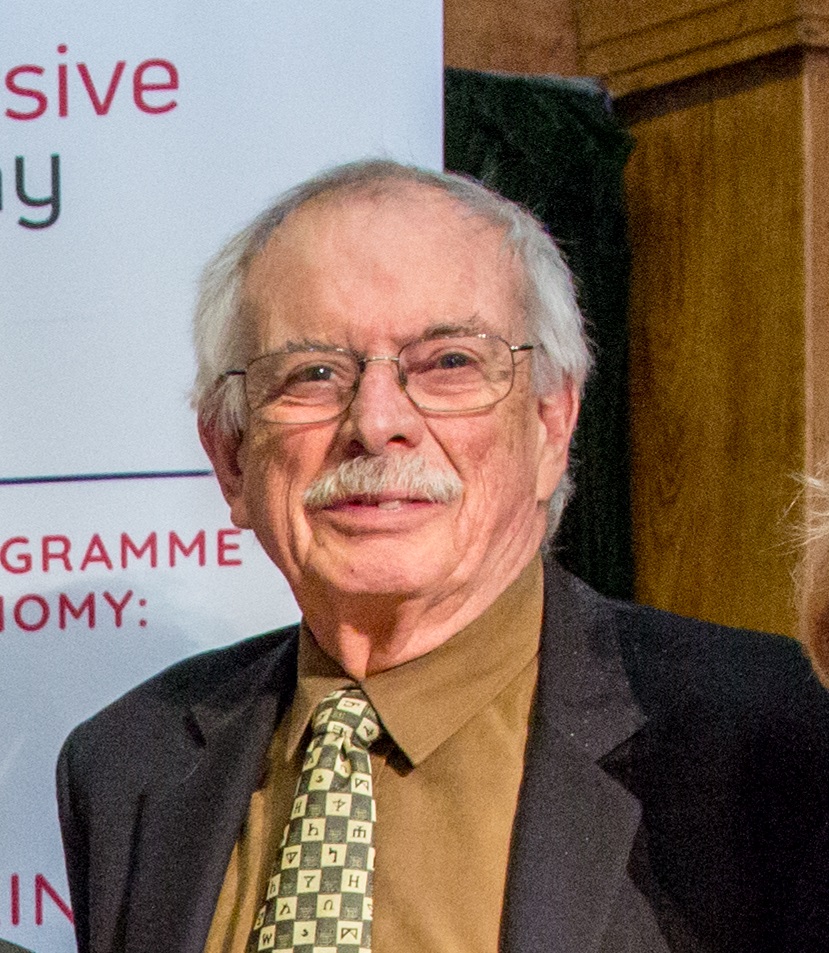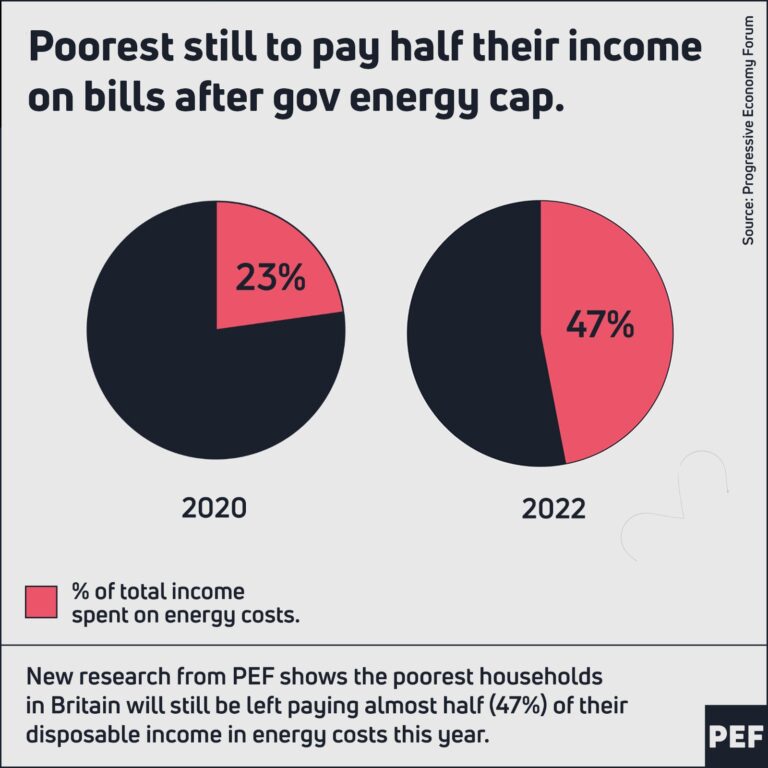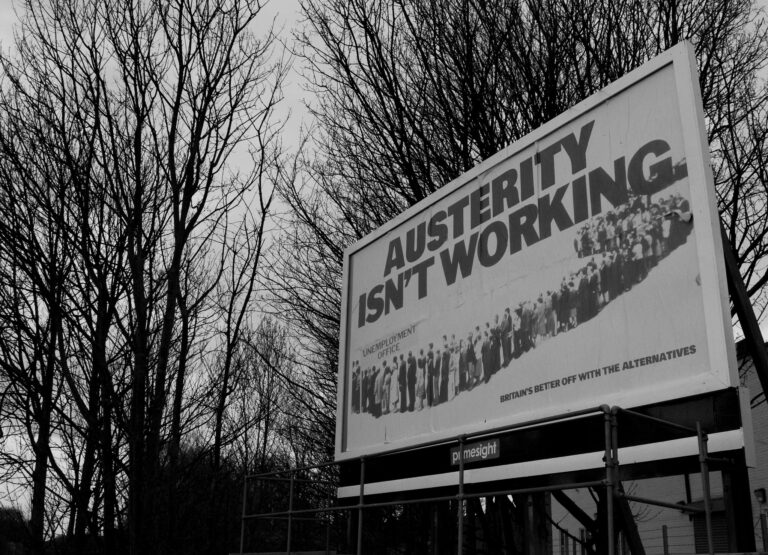Heart of the Matter
British voters face a clear choice on Thursday 12 December, collective provision or private provision. In 1945 a sweeping Labour victory initiated then consolidated the principle of collective provision for thirty-five years, accepted however reluctantly by Conservative governments.
The National Health Service represented the clearest and most radical example of collective provision, that citizens together could provide a public service more equitably, more efficiently and effectively than private provision. This principle was far more radical than establishing a public health system. It established the principle and practice that acting collectively through their government citizens could organise, fund and administer their health needs.
The NHS was not and is not a contribution based system as in most European countries. It is a right funded by general taxation. The only condition for access is UK residency (see NHS guide for details). The other public service based on right is primary and secondary schooling. To varying degrees collective provision characterises other public services, free tube and bus service for the elderly, housing and social care.
The collective provision principles are simple and straight forward. Provision is universal, funded by progressive taxation such that all benefit and higher income groups bear a disproportionate share of the cost.
After its election in 1979 the Thatcher government launched a counter-attack on collective provision that successfully undermined it. The attack had its basis in market ideology, simultaneous reduction in collective provision and the taxes that fund it would leave people with more income, “money in their pockets”, to decide for themselves what services they want. This ideologically driven change to price rationing through markets contains within it mechanisms that make its achievement and socially dysfunctional and divisive.
Elimination of the progressive taxes that funded collective provision increases income inequalities that make rationing through ability to pay generate gross inequities in citizen access to services. Equal access through collective provision transforms into unequal access enforced through market rationing. With the former citizens enjoy equal provision; in the latter citizens get what they can pay for.
Social Cohesion and Collective Provision
Provision through market access undermines national cohesion through several obvious mechanisms. First, income taxes serve as a major mechanism by which governments reduce inequalities generated by markets. High tax economies tend to lave lower levels of inequality, and, second, public provision of services is more inequality reducing than the taxes that fund them. The UK annual surveys of income, taxation and benefits clearly demonstrate the stronger inequality-reducing impact of collective provision of services.
Less directly obvious than the inequality effects of collective provision and market rationing are the socially dysfunctional consequences of the latter. The combination of market rationing and income inequality results in “safety-net” programmes to protect those who fail to achieve adequate levels of market provision – ie, those rationed out of private market provision. Means testing becomes a central characteristic of these safety nets. Inherent in means testing is differentiating between “deserving” and “undeserving” recipients; that is their function.
By its nature means testing divides the means tested citizens from the rest of the population. Since the testing has the purpose of excluding the undeserving, all means-tested recipients suffer from the doubt as to their honesty and trustworthiness. Monitoring the benefit system – “welfare system” – becomes an expensive policy function of government in which many lower income households must continuously demonstrate their worthiness to receive social protection.
This in turn generates socially divisive myths that divide the British population. The UK government has a website that urges citizens to inform on their neighbours, to “Report someone you think is committing benefit fraud”. Divisive in itself, this stereotype of the dishonest shirker is reinforced by the fiction that a large proportion of the population pays no tax. It is “the rest of us” who “do the right thing”, pay our taxes and fund the benefits of those make no contribution to the public purse.
This is complete myth. When we include the Council Tax and indirect taxes (eg, VAT), those in the lowest income decile pay 48% of their gross income (earnings plus cash benefits) as tax, compared to 35.2% for the richest income decile (see my charts showing tax and benefits). These myths of the deserving and undeserving poor are the inevitable consequence of means testing.
Collective provision is the mechanism by which we maintain an open democratic society of mutually cooperative citizens. That openness thrives under governments that unite us as full and equal members of society; openness disappears when we set citizens against each other through means testing.
The Choice before US
The Labour Party Manifesto has been widely criticised for offering to many free benefits in an attempt to bribe voters. As Rachel Shabi has shown these are not free, they are collective provision funded through progressive taxation.
Labour’s commitment to collective provision versus Conservative dedication to private rationing confronts voters with a clear choice. The choice appears as one between two forms of service delivery. In practice it is a much deeper choice, between an open democracy inclusive of all citizens, and a closed society that must continually police the have-nots to protect the rich.
The views in this piece do not necessarily represent the collective views of PEF, but the views of the author. Photo credit: Flickr/Can Pac Swire.








